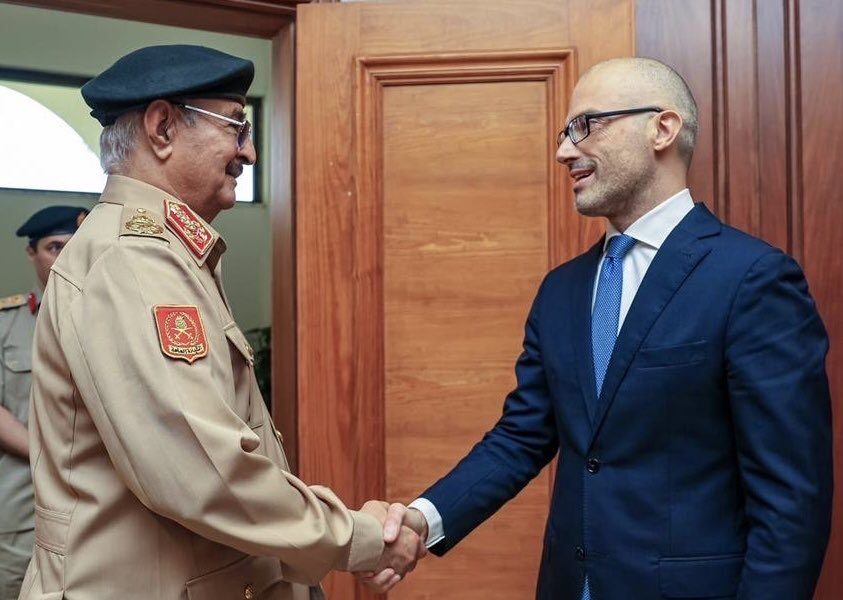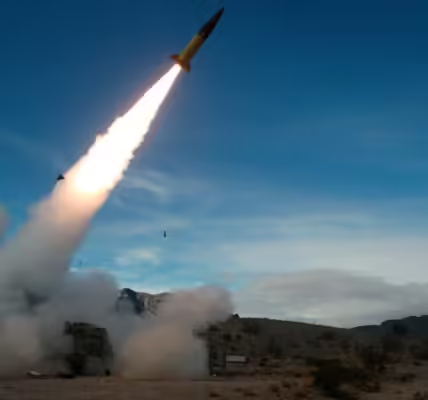Recent developments in Libya have brought to light Russia’s concerted efforts to expand its influence in the region through strengthened military cooperation with Khalifa Haftar, the leader of the eastern-based forces. Vladimir Putin’s geopolitical maneuvers in Libya carry significant implications for regional stability and global power dynamics.
Deepening Military Collaboration
Russian Deputy Defense Minister Yunus-bek Yevkurov’s visit to Libya on May 31st marked a pivotal moment in Moscow’s engagement with Haftar’s forces. The commitment to enhance the capabilities of the eastern forces underscores Russia’s strategic interest in Libya and its intent to solidify ties with key actors in the conflict.
Fragmented Political Landscape
Libya remains politically divided between the Government of National Unity (GNU) in Tripoli and Haftar’s administration in the east. Russia’s support for Haftar serves its broader geopolitical objectives, including access to Libya’s valuable oil resources and a strategic foothold in the Mediterranean.
Economic and Strategic Interests
Haftar’s pursuit of advanced military equipment and training from Russia reflects his ambition to consolidate power and assert control over Libya’s territories. In return, Haftar offers Russia access to air bases, positioning Moscow for greater influence in North Africa. Libya’s geostrategic significance and resource wealth make it a key battleground in the global competition for power and resources.
Escalating Geopolitical Friction
Russia’s growing involvement in Libya has raised concerns among Western powers, particularly the United States and the European Union. The expanding Russian presence in the Mediterranean poses challenges to Western interests and regional stability. This geopolitical rivalry adds complexity to an already volatile situation in Libya.
Conclusion: Navigating Complex Geopolitics
As Russia advances its agenda in Libya, the geopolitical landscape in the region undergoes a significant transformation. The intensifying competition between Russia and Western powers underscores the strategic importance of Libya in global geopolitics. It is imperative for the international community to closely monitor developments in Libya and seek diplomatic solutions to mitigate tensions and promote peace and stability in the region.





